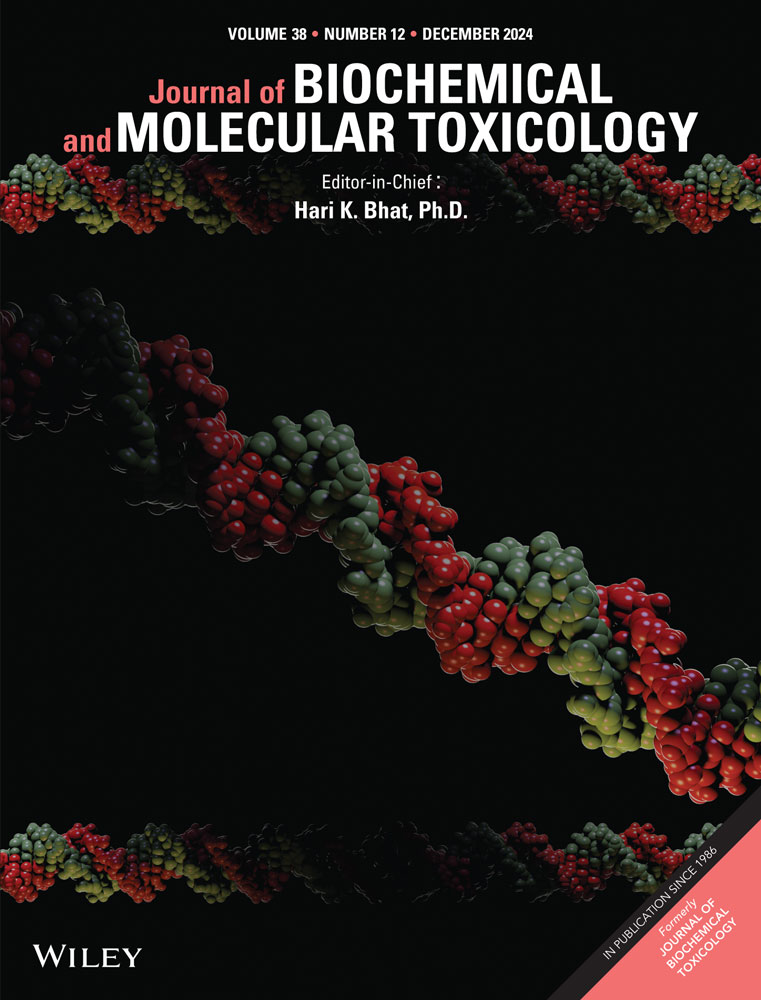Investigating the Role of Vitamin D in Enhancing Duloxetine and Fluoxetine Efficacy: Mechanistic Insights Into NRF2 Activation, Oxidative Stress, and Neurochemical Modulation
Abstract
Depression is a major psychiatric disorder with limited treatment efficacy. Oxidative stress plays a key role in its pathogenesis, and emerging evidence suggests that vitamin D may reduce oxidative damage in neurological conditions. However, its role in modulating antioxidant enzymes and Nrf2 expression in depression remains unclear. This study investigates the effects of vitamin D in a cortisol-induced depression model, focusing on its impact on the antioxidant defense system and Nrf2 activation. Depression was induced in male Wistar rats via intraperitoneal cortisol injection (20 mg/kg). Animals were divided into six groups (n = 5/group), including control, cortisol-only, vitamin D (5 µg/kg) with cortisol, and standard antidepressant (fluoxetine or duloxetine) with or without vitamin D. Depression-like behaviors were assessed using the forced swim and sucrose consumption tests. Nrf2 binding interactions with vitamin D and fluoxetine were analyzed in silico using Pyrex, Drug Studio, and LigPlus. Post-treatment, hippocampal tissues were collected for analysis of antioxidant enzymes, monoamine neurotransmitters (via HPLC), and Nrf2 mRNA expression. Vitamin D showed a better binding energy (−9.3 kcal/mol) compared to fluoxetine (−6.6 kcal/mol). Similarly, vitamin D significantly (p < 0.0001) enhanced the level of enzymatic antidefense markers (catalase, superoxide dismutase, glutathione) and decreased the level of malondialdehyde. The Nrf2 mRNA level was elevated (p < 0.0001) in vitamin D-treated groups compared to positive control groups. Moreover, the mRNA level of the Nrf2 gene was the same as that of the standard groups. Vitamin D also increases the levels of serotonin and norepinephrine in depression. Vitamin D displayed a significant (p < 0.0001) antidepressant effect, as evidenced by behavioral studies during co-therapy with duloxetine and fluoxetine. Altogether, this study reveals that vitamin D helps in ameliorating depression by mediating the antioxidant enzymatic system and increasing the Nrf2 expression during co-therapy with duloxetine and fluoxetine. Moreover, vitamin D also increased the serotonin and norepinephrine levels.

 求助内容:
求助内容: 应助结果提醒方式:
应助结果提醒方式:


